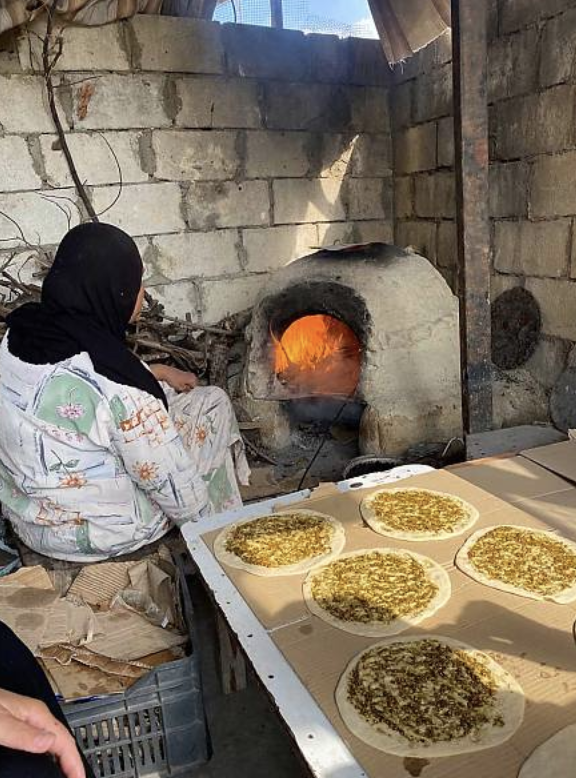The UNESCO Intergovernmental Committee for the Safeguarding of the Intangible Cultural Heritage, meeting on Wednesday 6 December at its 18th session in Botswana, announced a number of new additions, particularly in the Arab world.
Malhoun (Morocco) has been added to the list, and is now recognised as a "reference component of the ancient Moroccan cultural identity" - UNESCO press release. In Turkey, "the traditional knowledge, methods and practices associated with olive growing" have also been recognised as intangible cultural heritage of humanity, as has the know-how associated with mother-of-pearl inlaying (with Azerbaijan). The United Arab Emirates is celebrating the inscription of harees, a popular traditional dish made from wheat grains, meat and ghee. Palestine also sees the dabkeh dance included on the list. The celebration of Sadeh in Iran is now recognised, as is the Lebanese Man'ouché. The "arts, skills and practices associated with metal engraving (gold, silver and copper)" are included for Iraq, Algeria, Egypt, Morocco, Palestine, Saudi Arabia, Yemen and Tunisia (also Mauritania and Sudan).
On Wednesday, UNESCO also approved the inclusion of the "socio-cultural traditions" of iftar - the meal at the end of the Muslim fast - as intangible heritage, at the request of Azerbaijan, Iran, Uzbekistan and Türkiye.
Photo: Man'ouche, copyright Ohaila Mortada, Lebanon, 2022.
